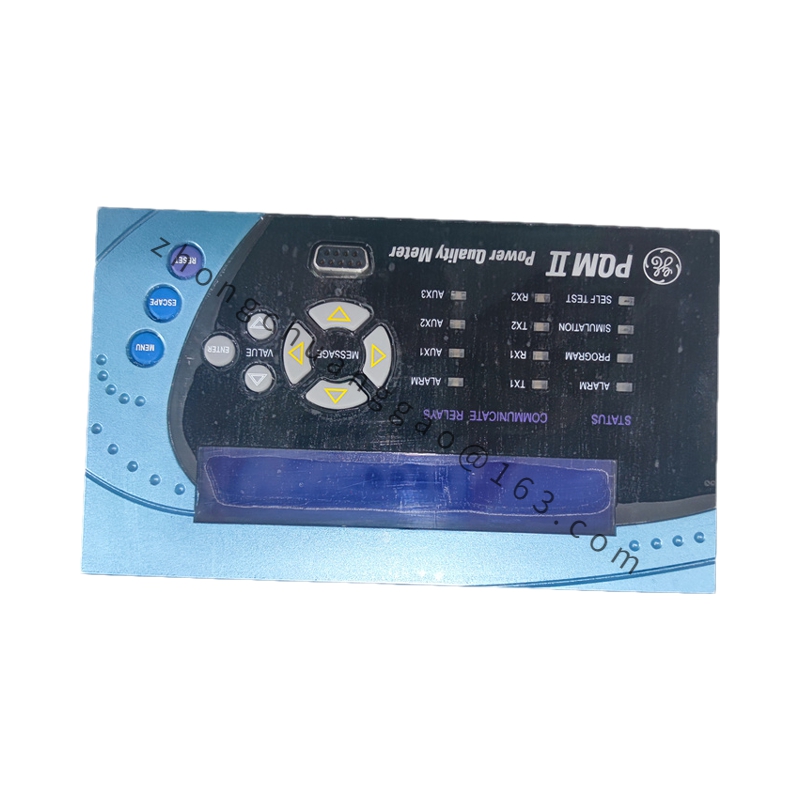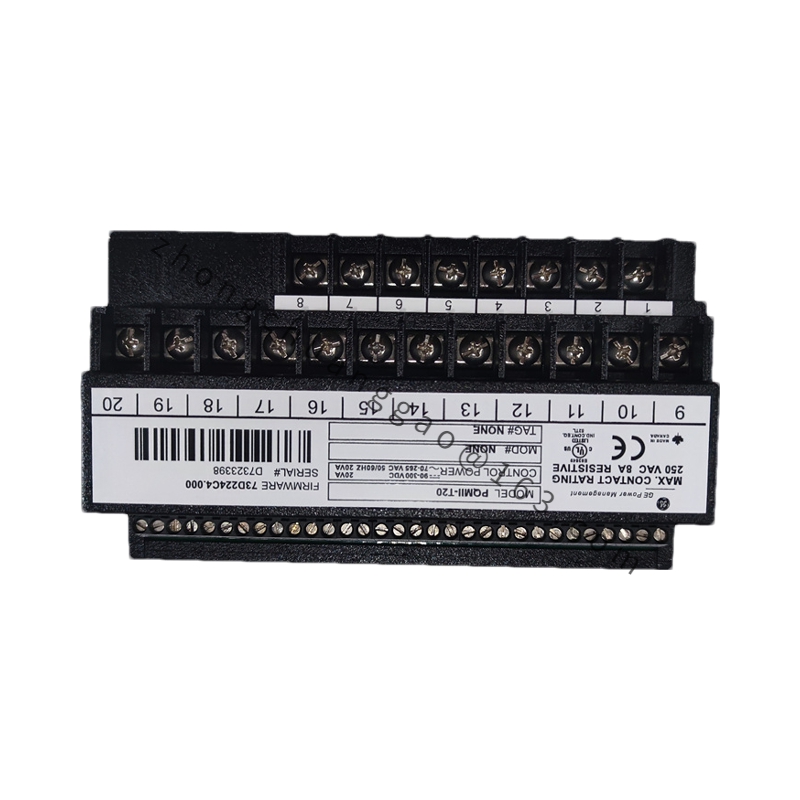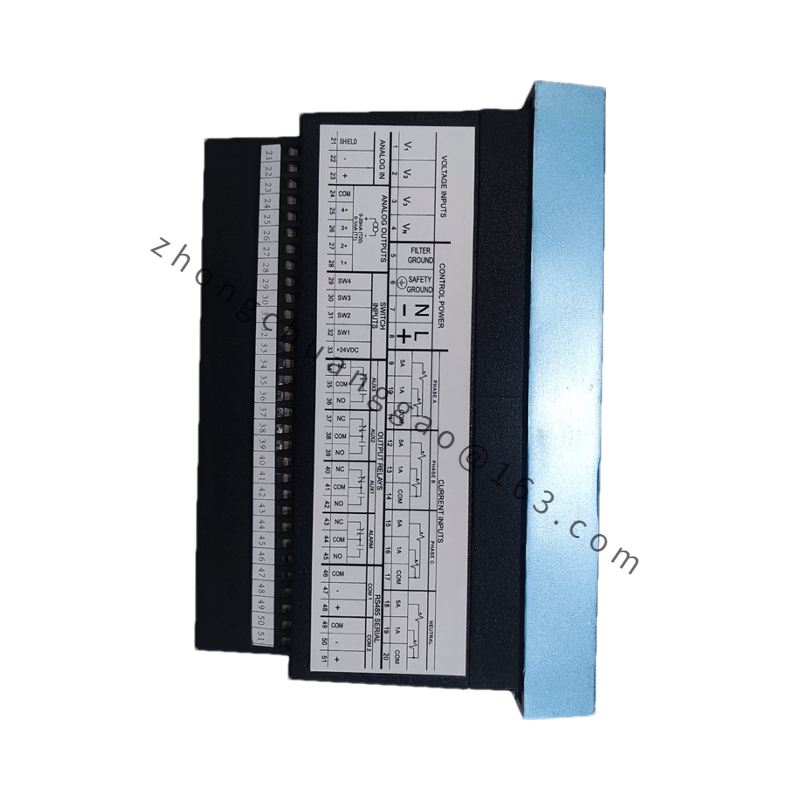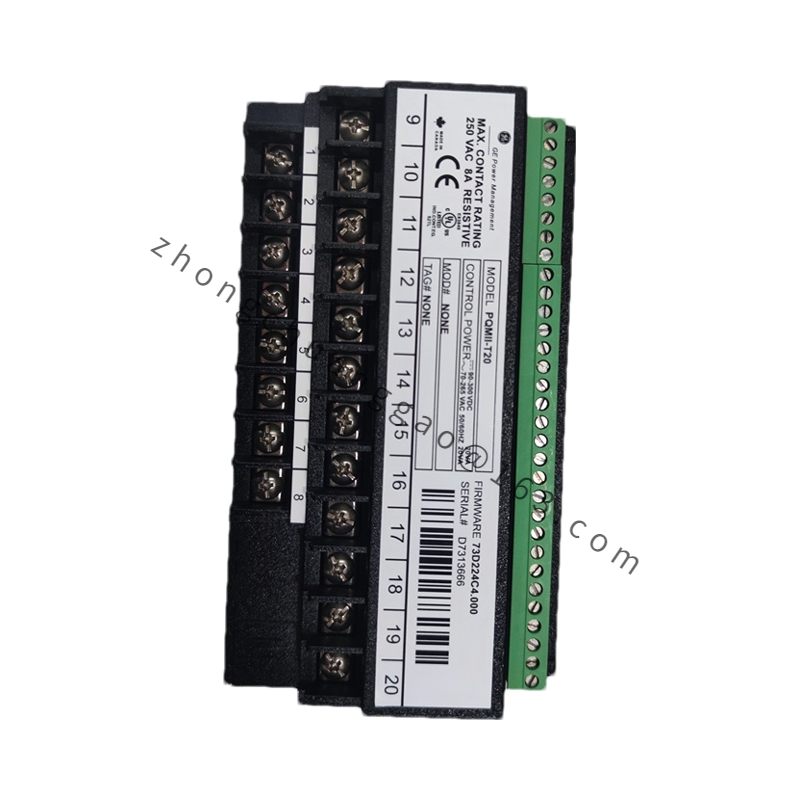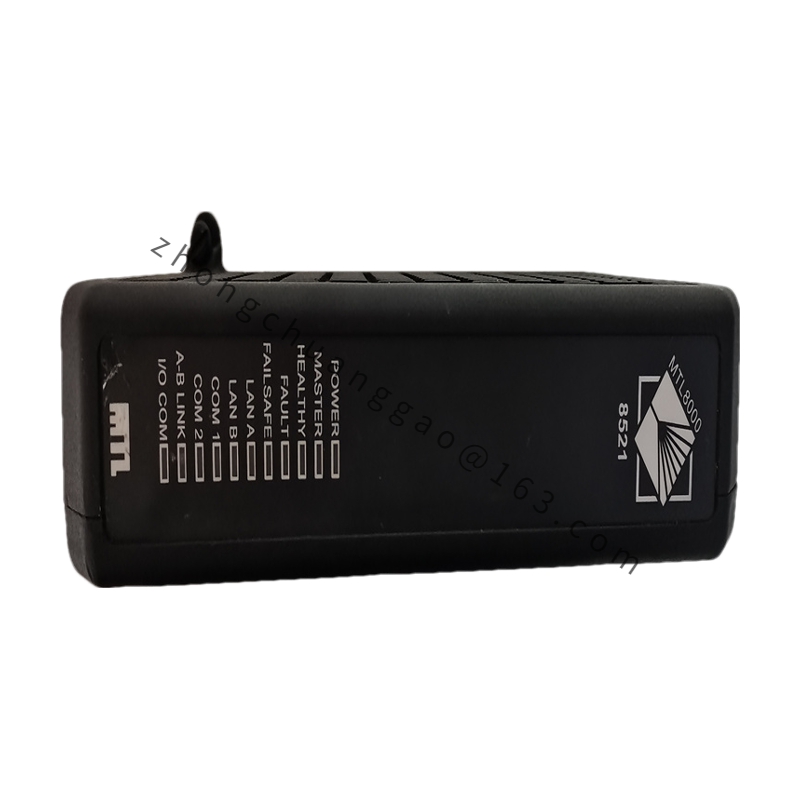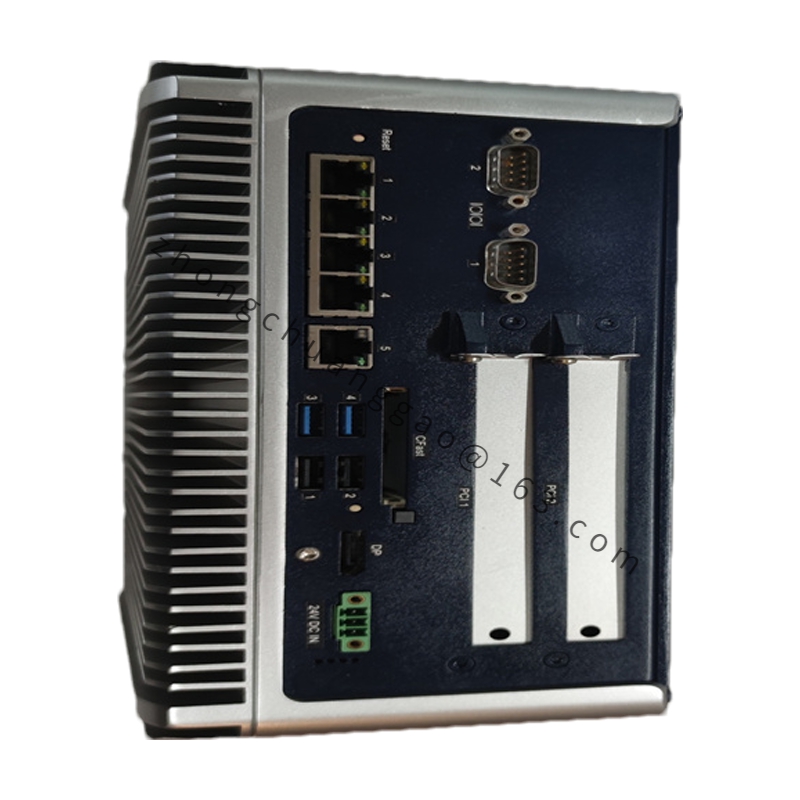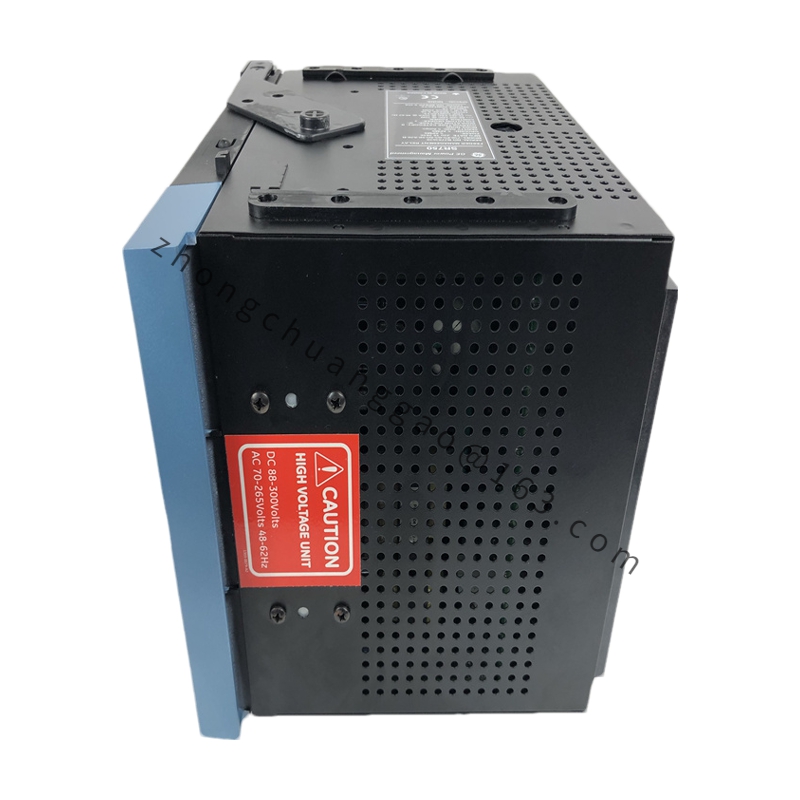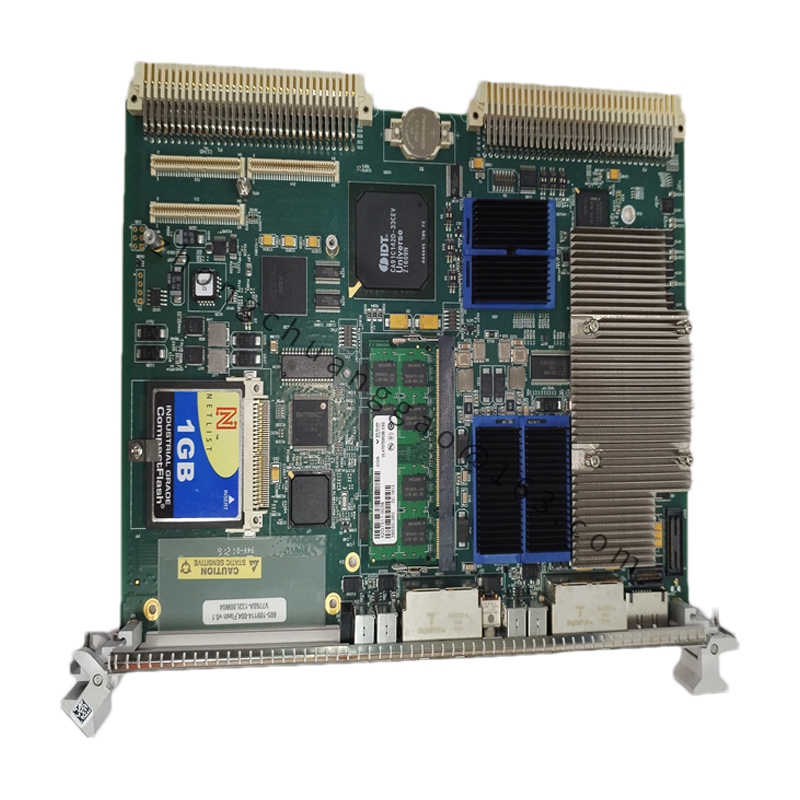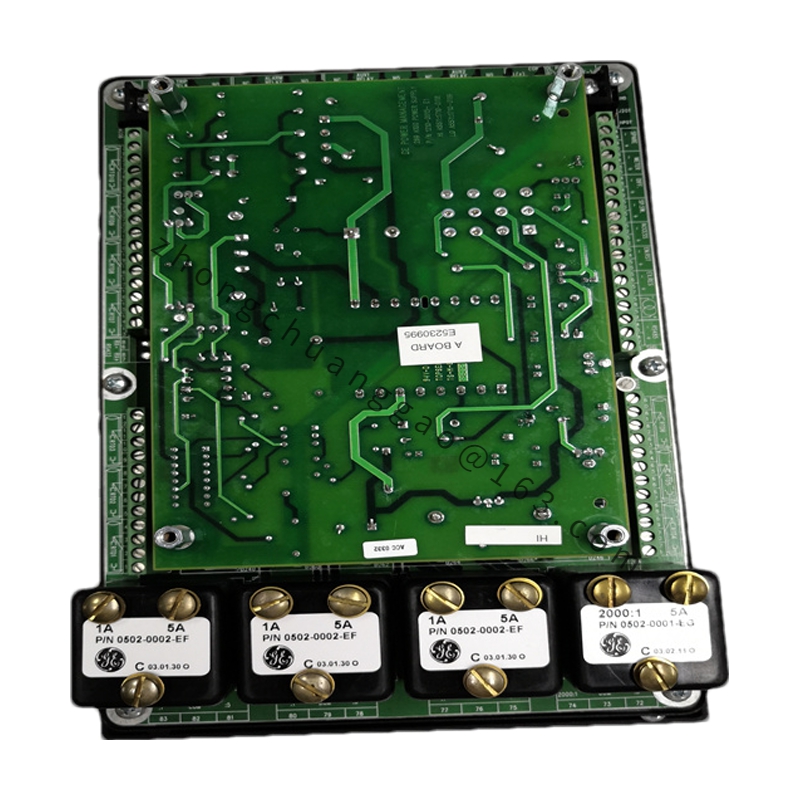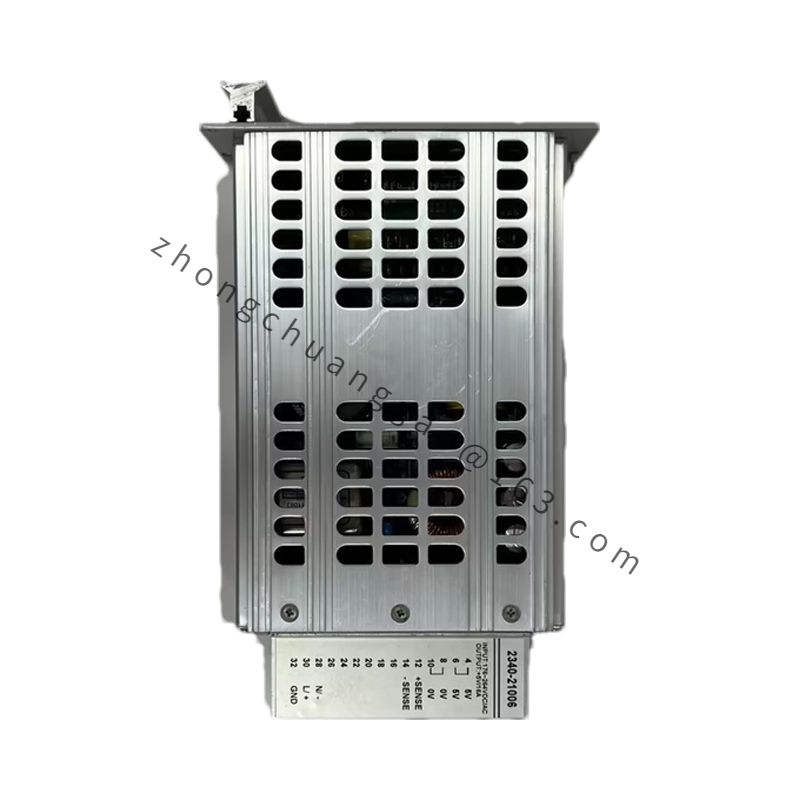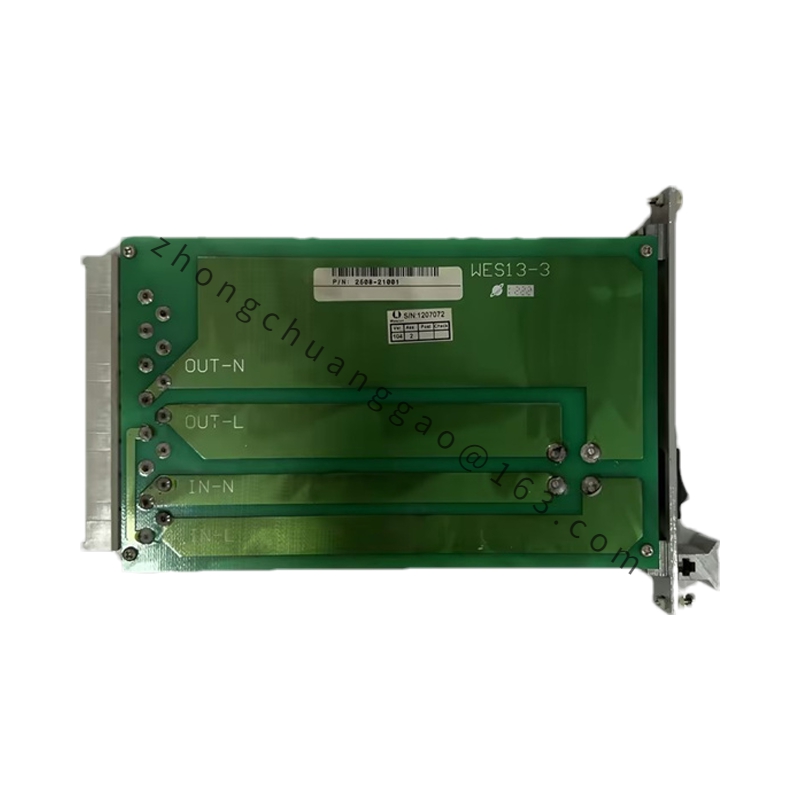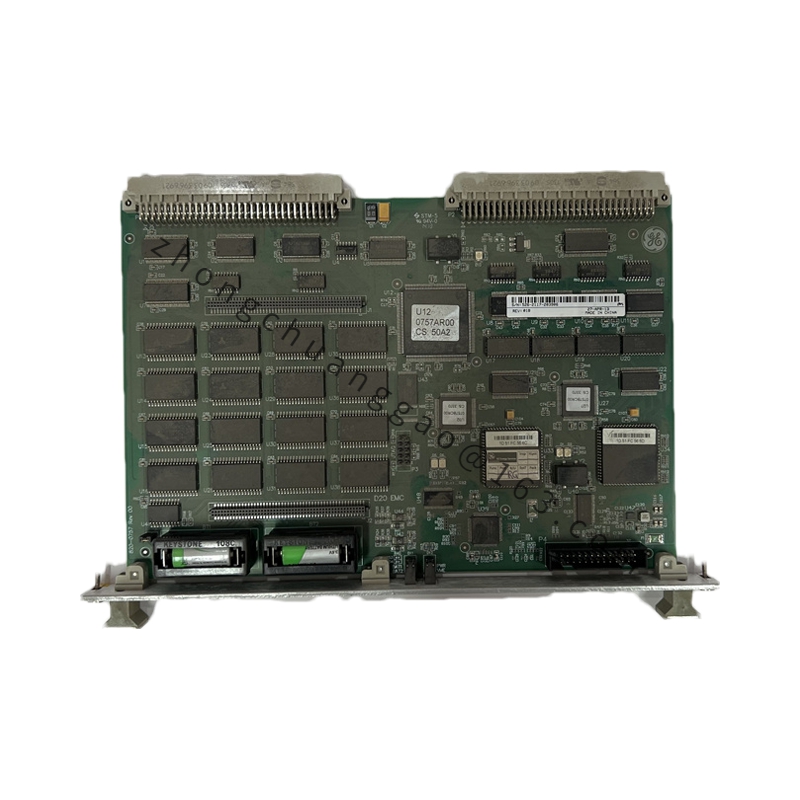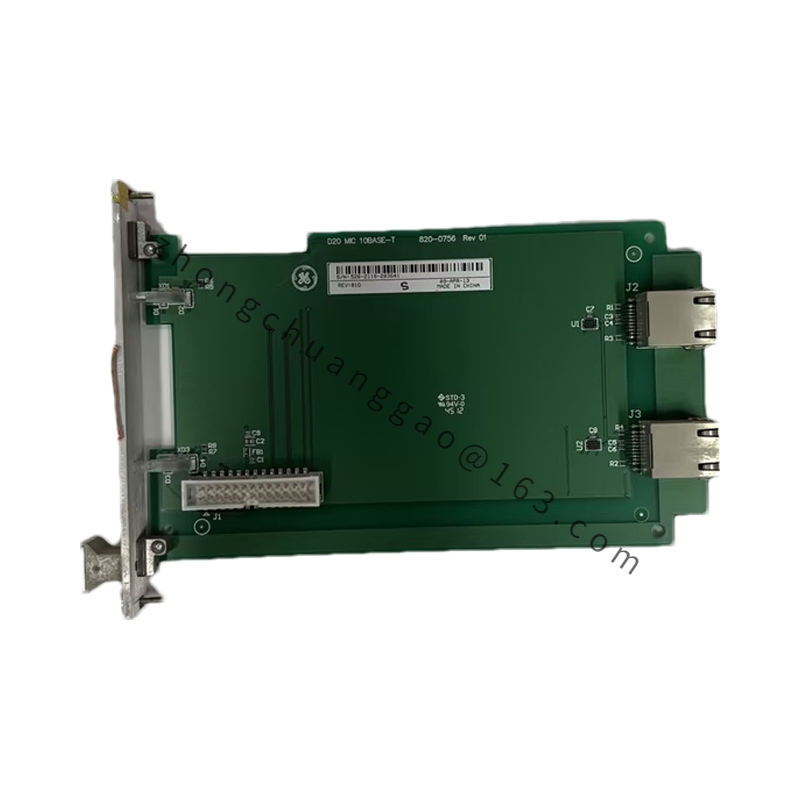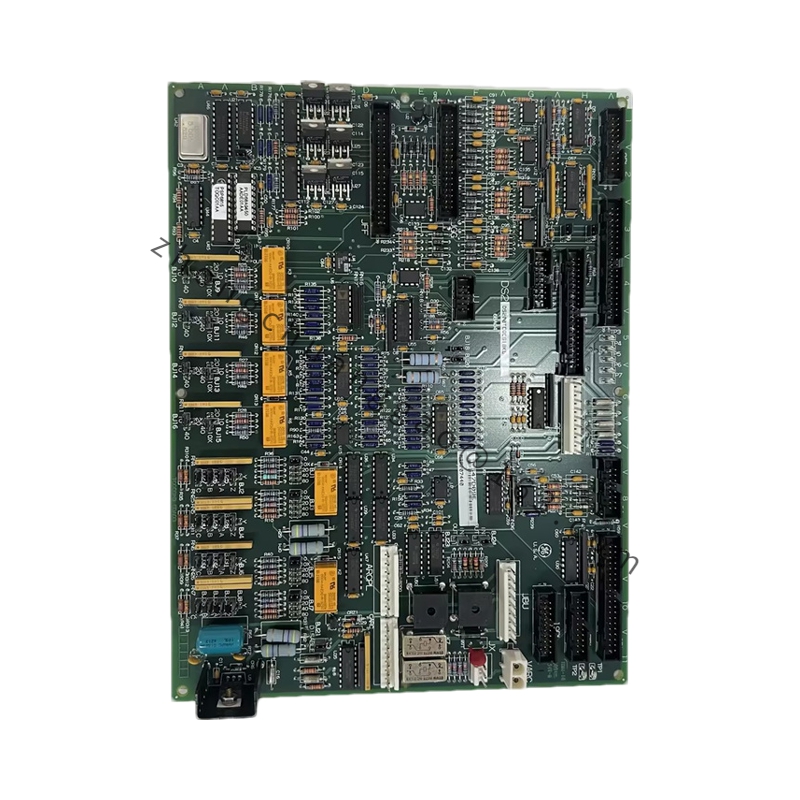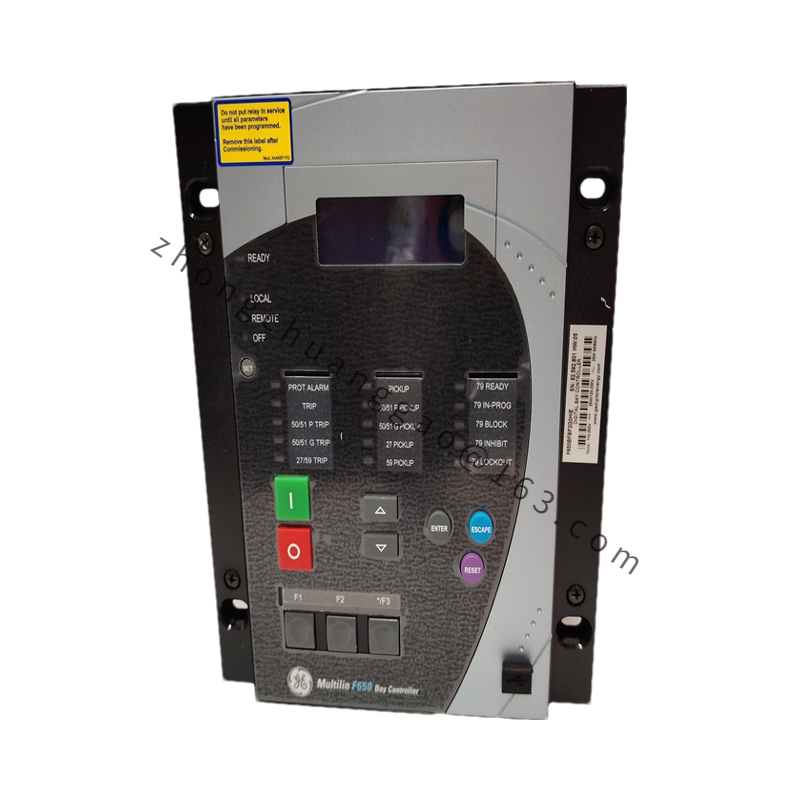Detailed content
Technical Specifications
- Measurement Capabilities:
- Voltage Measurement:
- Range: Up
- Accuracy: ±
- Current Measurement:
- Range: Up t
- Accuracy: ±0
- Frequency Measurement:
- Range: 45-65
- Accuracy: ±0.0
- Power Measurements:
- Real Power (kW): Accurate measurement of real power consumption.
- Reactive Power (kVAR): Measurement of reactive power to assess system efficiency.
- Apparent Power (kVA): Total power including real and reactive components.
- Power Factor Measurement:
- Range: 0 to 1 (lagging or leading)
- Harmonics Analysis:
- Range: Up to the 50th harmonic
- Voltage Measurement:
- Data Logging:
- Event Logging: Records voltage sags, swells, transients, and other disturbances.
- Data Storage Capacity: Capable of storing large volumes of historical data.
- Sampling Rate: 256 samples per cycle for high-resolution data.
- Communication Interfaces:
- Ethernet: For network-based communication and remote monitoring.
- RS-232/RS-485: Serial communication for integration with other systems.
- Protocols Supported: Modbus, DNP3, and IEC 61850.
- Display and User Interface:
- Display: 4.3-inch color LCD for clear visualization of real-time data and system status.
- User Interface: Intuitive navigation and configuration menus.
- Power Supply:
- Operating Voltage Range: 85-265V AC or 12-48V DC
- Power Consumption: Approximately 15 watts
- Environmental Specifications:
- Operating Temperature: -10°C to 60°C (14°F to 140°F)
- Storage Temperature: -20°C to 70°C (-4°F to 158°F)
- Humidity: 0-95% non-condensing
Features
- Advanced Power Quality Analysis:
- Provides detailed analysis of voltage sags, swells, harmonics, and transients.
- Features waveform displays, phasor diagrams, and harmonic analysis for comprehensive diagnostics.
- Event Detection and Recording:
- Automatically detects and logs power quality disturbances.
- High-resolution event snapshots help in pinpointing and diagnosing issues.
- Customizable Alarms and Notifications:
- Allows users to set custom alarm thresholds for various parameters.
- Alerts can be sent via email or SMS for immediate attention to critical events.
- Data Export and Reporting:
- Facilitates data export in various formats, including CSV and Excel, for further analysis.
- Includes reporting tools for generating detailed power quality reports.
- Remote Monitoring and Control:
- Enables remote access to data and device configuration via network interfaces.
- Web-based access for convenience and flexibility in monitoring and managing power quality.
Applications
- Industrial Facilities:
- Ideal for monitoring power quality in industrial environments to prevent equipment damage and ensure operational efficiency.
- Helps in diagnosing and resolving power quality issues.
- Utilities and Grid Management:
- Used by utility companies for grid monitoring and analysis.
- Assists in maintaining power quality across distribution networks.
- Commercial Buildings:
- Suitable for large commercial buildings to monitor power quality and prevent disruptions.
- Ensures reliable operation of sensitive equipment.
- Data Centers:
- Critical for maintaining stable and reliable power supply in data centers.
- Monitors for disturbances that could impact IT equipment performance.
- Energy Management:
- Useful in energy management systems for optimizing power consumption and improving cost efficiency.
- Provides insights into power usage patterns and quality.

